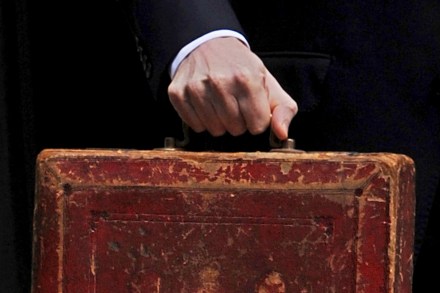Coulson’s replacement
Downing Street have announced that the BBC’s Craig Oliver will be Andy Coulson’s replacement. Oliver, who has been editor of both the Six and Ten o’clock news, will bring a broadcasting perspective to Downing Street. Former BBC colleagues stress that he knows how to tell a story in pictures and, in contrast, to Coulson is unlikely to ever become the story. Oliver, who is in his 40s, was never obviously political. He won’t provide the kind of counterweight to Steve Hilton that Andy Coulson did. But he will run an efficient ship. Some people are saying that the appointment shows that newspapers are less powerful politically than they used to
















